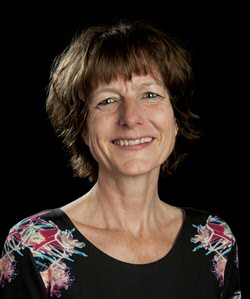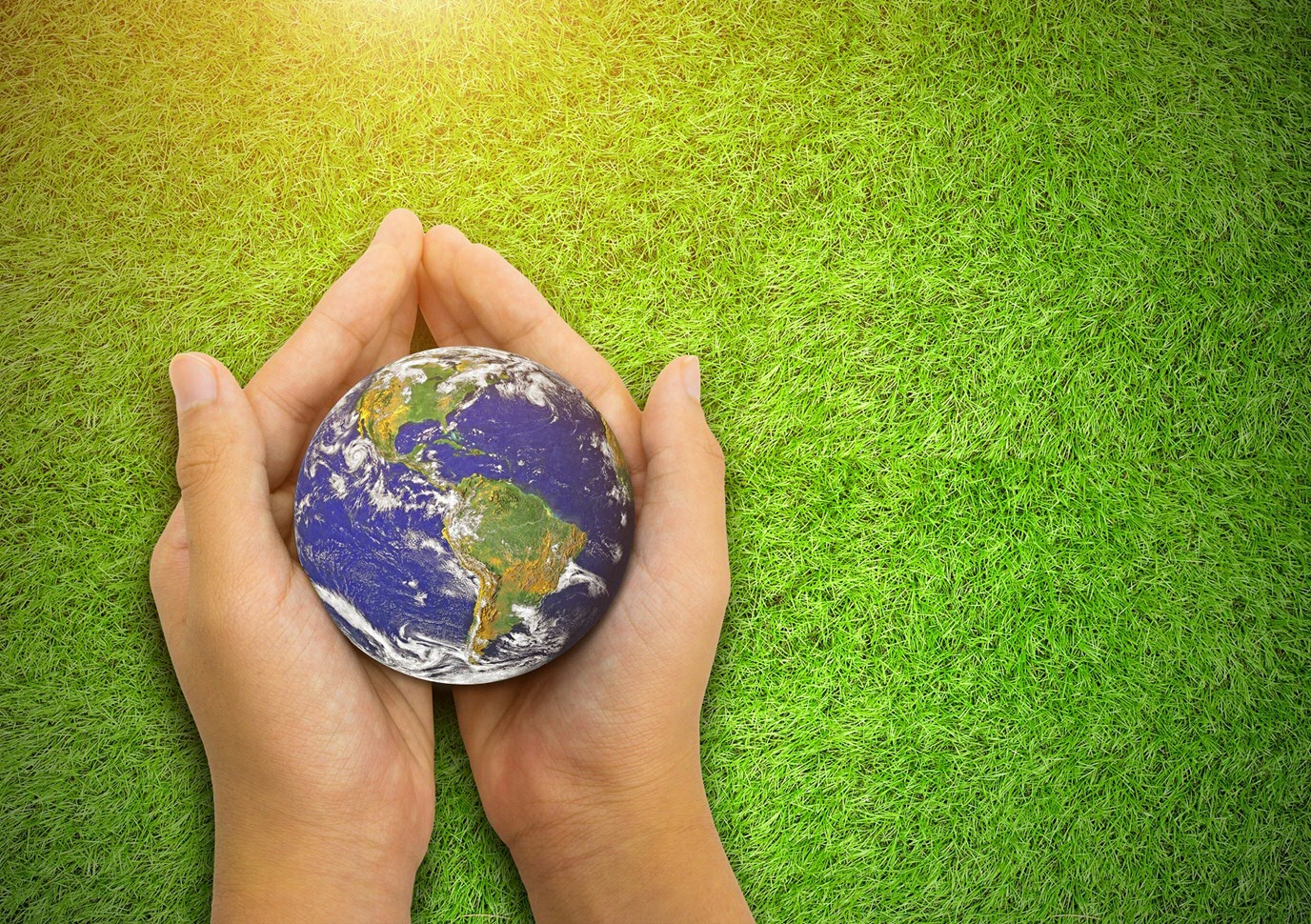Onder de 1,5 graad temperatuurstijging: ‘Met snel en daadkrachtig handelen kan het nog’
De temperatuurstijging wereldwijd onder de anderhalve graad houden: het heeft veel voordelen en het kan nog, maar dan moeten we snel en daadkrachtig optreden. Dat concludeert het Intergovernmental Panel on Climate Change (IPCC) in haar laatste rapport, dat vandaag verschijnt. De landen die eind 2015 in het Parijsakkoord hebben afgesproken klimaatverandering ruim onder de 2°C te houden, en ernaar te streven het onder de 1.5°C te houden, hebben om het rapport gevraagd. Vanuit Nederland leverden klimaatbeleidswetenschapper Heleen de Coninck van de Radboud Universiteit en omgevingspsycholoog Linda Steg van de Rijksuniversiteit Groningen een belangrijke bijdrage. Eén ding is zeker: omgaan met klimaatverandering gaat onze levens hoe dan ook veranderen.
Sinds de industriële revolutie is de wereld gemiddeld al met 1°C opgewarmd. De gevolgen beginnen nu al duidelijk te worden. We zien meer weerextremen en een stijgende zeespiegel. Om verdere gevolgen te voorkomen, hebben alle landen in 2015 in Parijs afgesproken om de wereldwijde temperatuurstijging ruim onder de twee graden te houden, en te streven naar 1.5°C. Omdat op dat moment niet precies duidelijk was wat de gevolgen van (streven naar) 1.5°C zouden zijn, kreeg het IPCC, het wetenschappelijk klimaatpanel van de Verenigde Naties, de opdracht om te onderzoeken wat de gevolgen zijn van anderhalf of twee graden temperatuurstijging, en welke veranderingen nodig zijn om een dergelijke opwarming wereldwijd te voorkomen.
Voor anderhalve graad zijn drastische veranderingen nodig, in de komende twintig jaar
Het IPCC zette voor het rapport de wetenschappelijk literatuur over de haalbaarheid, impact en kosten van het 1.5°C-grens op een rijtje. De wetenschappers komen tot de conclusie dat het doel niet uit zicht is. Maar om er te komen, moet er wel heel snel actie ondernomen worden. ‘Als we doorgaan zoals nu zullen we vermoedelijk tussen 2030 en 2050 1.5°C bereiken.’ Verschillen tussen anderhalf en twee graden zijn bijvoorbeeld het vrijwel volledig of gedeeltelijk verdwijnen van koraalriffen, een vaker ijsvrije Noordpool, een decimeter meer zeespiegelstijging in 2100 en meer hittegolven. Dat heeft grote gevolgen voor mensen.

‘Om onder deze grens te blijven, moeten er onmiddellijk verregaande maatregelen worden genomen op alle terreinen die de broeikasuitstoot beïnvloeden,’ zegt Heleen de Coninck, een van de hoofdauteurs van het hoofdstuk over het versterken en uitvoeren van maatregelen. ‘In 2050 moet de hele wereld netto geen CO2 meer uitstoten.’ Onder de maatregelen vallen veranderingen in levensstijl zoals verminderde vleesconsumptie en energiebesparing in gebouwen en een flinke toename in hernieuwbare energie en energiebesparingsinvesteringen. Het beetje uitstoot dat moeilijk te voorkomen is kan met bijvoorbeeld grootschalige bebossing, waardoor koolstofdioxide uit de atmosfeer geabsorbeerd wordt, worden gecompenseerd.
Alle landen onderschrijven de beleidsconclusies
Het IPCC-rapport biedt de partijen van het Parijsakkoord de benodigde wetenschappelijk informatie om verder te onderhandelen over de uitvoering van dat akkoord. De beleidssamenvatting, of Summary for Policy Makers (SPM), van het rapport is afgelopen week in het Zuid-Koreaanse Incheon uitgebreid besproken. Iedere zin is uiteindelijk, na de nodige veranderingen, door alle landen goedgekeurd.
Het 1.5°C-rapport besteedt voor het eerst in de IPCC-geschiedenis veel aandacht aan waar verandering van levensstijlen van mensen toe kan leiden. Omgevingspsycholoog Linda Steg: ‘We kunnen klimaatverandering tegengaan door ons gedrag aan te passen, en door klimaatbeleid te ondersteunen. Omdat de gevolgen van klimaatverandering nu al zichtbaar zijn, is het ook belangrijk dat mensen maatregelen gaan nemen om zich te beschermen tegen klimaatrisico's, zoals overstromingen en hittegolven. Daarom wordt in het rapport ook ingegaan op wat mensen motiveert en belemmert om hun gedrag aan te passen, en onder welke voorwaarden ze maatregelen en beleid acceptabel vinden. ’
De Coninck: ‘Of het anderhalve graad wordt, of twee graden, of meer, de wereld zal drastisch veranderen. Ons leven zal hoe dan ook niet meer hetzelfde zijn. Het rapport concludeert dat gezamenlijk voor een 1.5°C-wereld kiezen veel voordelen kan hebben, ook voor onze gezondheid en voor de natuur. We kunnen nu nog bepalen welke toekomst we willen hebben.’
Op 16 oktober as. organiseert Radboud Reflects de lezing ‘ How to change Climate Change? . ’ Moet je voor klimaatverandering samenwerken met het bedrijfsleven? Of moet je met de resultaten van wetenschappelijk onderzoek naar politici en beleidsmakers en hen bewegen tot verandering? Tijdens deze avond geven de Amerikaanse ecoloog Stephen W. Pacala en klimaatwetenschapper en IPCC-auteur Heleen de Coninck hun visie op klimaatverandering.
Meer informatie
Contact: Linda Steg

Meer nieuws
-
03 februari 2026
‘Daar zit een goeie kop op’
-
20 januari 2026
Alcohol, appen en e-bikes
-
13 januari 2026
Lonneke Lenferink nieuw lid van De Jonge Akademie
